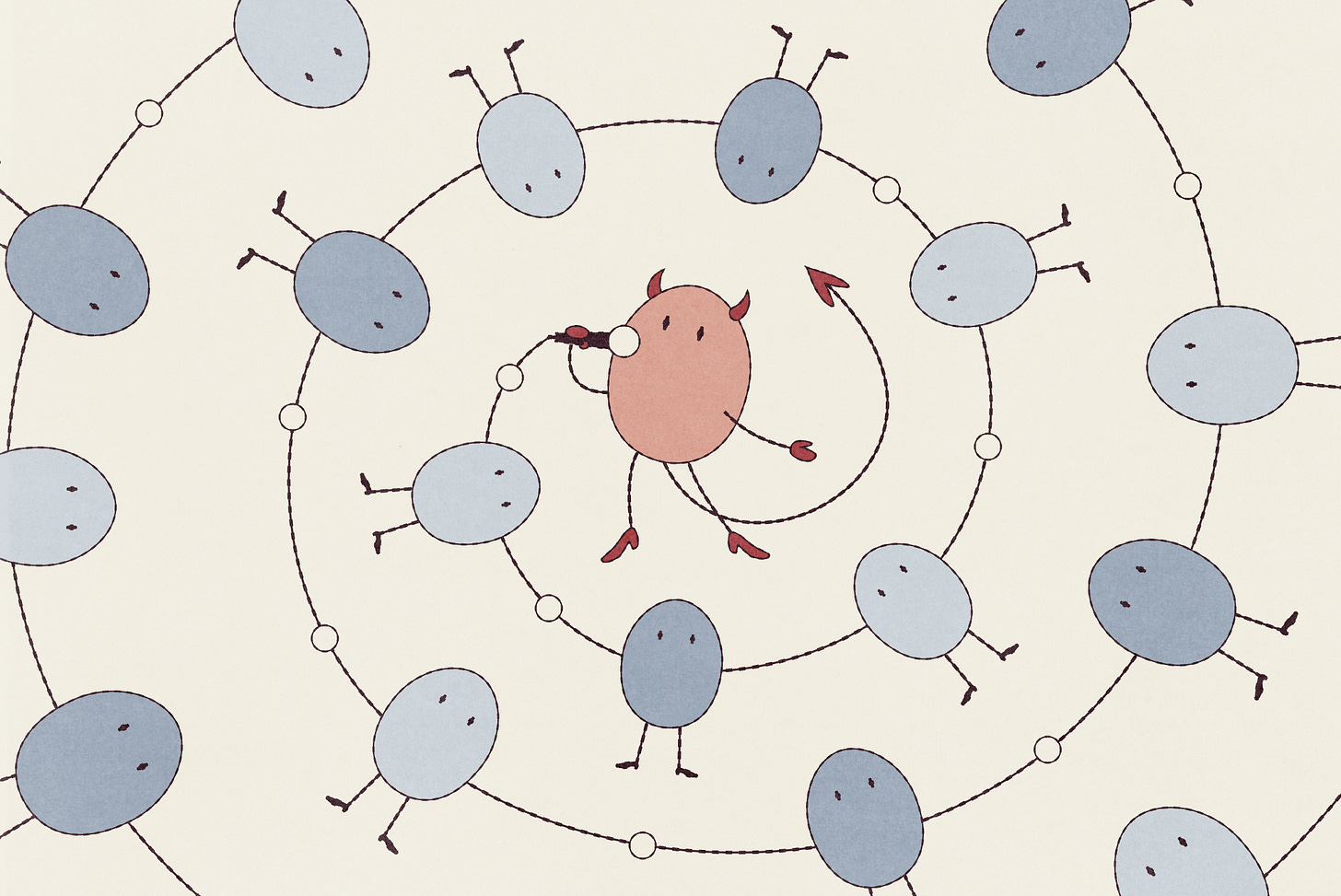The Prose Poem as a Long Line to a Faith Rock Concert Featuring the Devil as the Opening Act
Lesson 7 - Opening Lines + Closing Lines, Common Pitfalls in Writing Surreal Prose and How to Avoid Them
Intensive #7 from Karan Kapoor’s Surrealist's Toolkit: Creating Beautiful Prose Poems from Everyday Madness
Hello, friends! Welcome to our penultimate lesson. We've come a long way since our first foray into the world of surreal prose poetry. Have you learned to tap into your unconscious already?
In your poems, you’re clearly blending …




